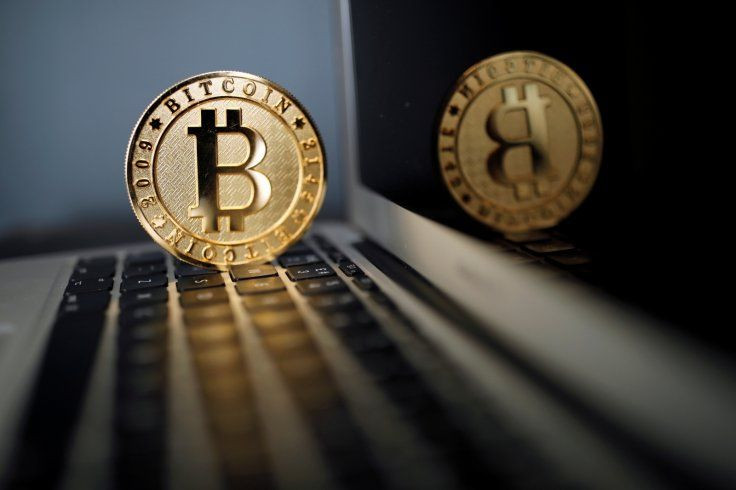Net Neutrality And Bitcoin: Ending One Could Spell Doom For The Other

Ajit Pai, the chairman of the Federal Communications Commission (FCC), has all but hit the last nail in the coffin for net neutrality.
In just a few more weeks, the body is expected to vote so that net neutrality protections could be eliminated.
This has spurred discussions online and offline on the effect the elimination would have on the speed of the internet and which Internet-based companies stand to gain the most from it.
However, one of the least discussed, but significant, issue related to this is what would happen to cryptocurrencies such as bitcoins.
The website Motherboard reports Marvin Ammori, a lawyer with the advocacy group "Fight for the Future" as having said, “The average person goes to Coinbase to buy Bitcoin, Ethereum, or Litecoin—the average on-ramp is an exchange, and those are easy to block. If Comcast is the monopoly provider in an area, the provider could decide there’s a preferred Bitcoin exchange.”
Ammori’s statement should be taken in the backdrop of the possibility that Comcast Corporation — the world’s biggest broadcasting and cable TV company — stands to gain big without net neutrality protections.
At this point, what Ammori refers to in his statement remains speculative. But the statement does beg a closer look at the serious problems for bitcoin, litecoin and other cryptocurrencies that the absence of net neutrality could bring.
To begin with, Internet Service Providers (ISPs) could decide to practically end cryptocurrencies by curbing the access to make deposits and withdrawals from trusted exchanges.
Such a scenario would leave enthusiasts in the dry, leaving them with unreliable exchanges. It’s also possible that these exchanges may function beyond the law’s reach, like in the deep web.
Another possibility is that ISPs may decide to bring out their own coins. Then, they could prioritize transactions by running the currencies through approved exchanges.
For instance, using a digital currency from Comcast might help you gain discount on the internet package provided by the company. This same discount may not be made available for those who pay using other currencies — making it an attractive prospect for many customers.
Now, assume that big companies like Time Warner, AT&T and Comcast don’t kill off cryptocurrencies.
Even in such a scenario, prioritizing exchanges could happen.
For instance, bigger exchanges could be prioritized so that users would engage with them more while smaller exchanges — which may be offering customers better security and faster transactions — suffer in the process.
And it’s not just prioritization that may pose problems for smaller exchanges; they could also be affected if certain nodes on the internet are blocked.
Meanwhile, many big companies are trying to assure the citizens that in the absence of net-neutrality, they wouldn’t do anything that would adversely affect anyone who wishes to put up lawful content on the internet.
Comcast, for instance tweeted this on Nov. 22:
We do not and will not block, throttle, or discriminate against lawful content. We will continue to make sure that our policies are clear and transparent for consumers, and we will not change our commitment to these principles. pic.twitter.com/19PFCPJ3TY
— Comcast (@comcast) November 22, 2017
As for cryptocurrency markets outside the U.S., the Trump administration cannot issue ban on cryptocurrency transactions in other nations. However, U.S remains a huge consumer of products made in foreign countries, including China.
This gives the U.S the power to influence transactions, and dictate the currency used in such transactions.
© Copyright IBTimes 2024. All rights reserved.





















